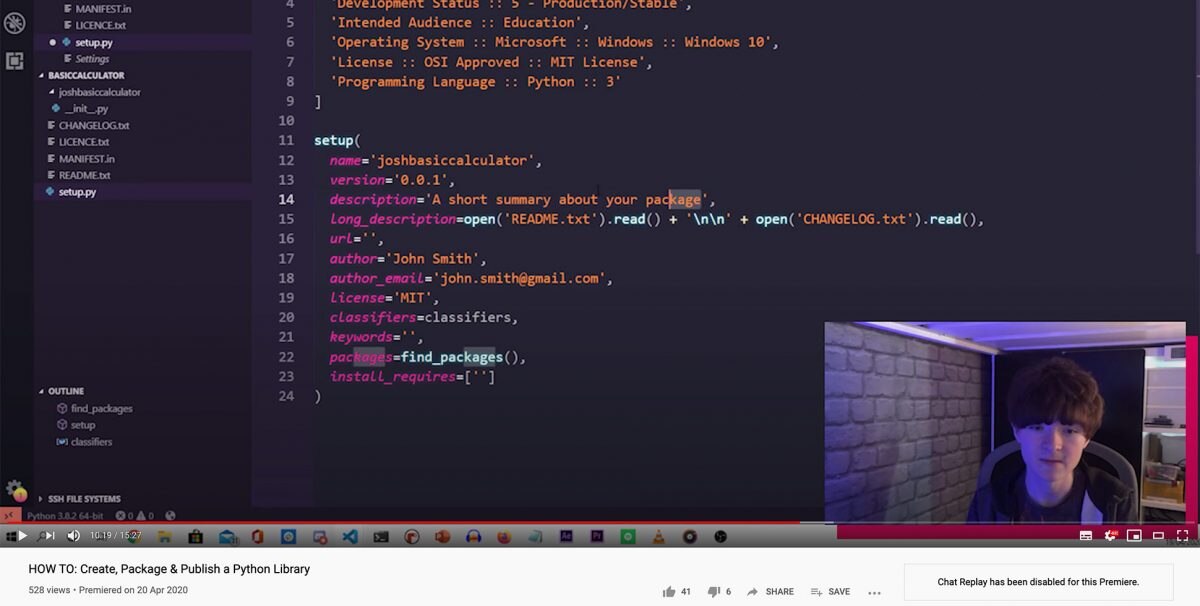How We Grow Through COVID-19: Josh Lowe

As a programmer, I already spent a lot of time with computers. But the recent pandemic has shown me expanded possibilities for online spaces. Because my exams have been cancelled, I’ve had time to focus on the other things I’ve wanted to give more time to for a while.
A lot of this involves joining online meetups where like-minded people come together and share ideas. It’s been great to be able to talk with people who you don’t talk to often, due to them living in a different part of the country, at these online events and share ideas.
I think we will see a huge increase in remote meetups and conferences, even after the quarantine orders. People are starting to see the benefits of being able to hold these events online. While you don’t get the same experience, you get if you physically attended, I think the advantages of accessibility outweigh the disadvantages.

Extending online access
Accessibility is an important thing for event organizers to consider. Because of the cost of tickets, travel, and accommodations, events are too expensive for a lot of people. Online events and meetups should become more common because they allow more people to join in and learn new things. Because of the Coronavirus, we’ve seen so many events are able to move online, and going forward, online attendance should still be a possibility.
For even greater accessibility, we will need a huge push for “Technology for all” and “Internet for all”. It’s become so apparent that internet access is an essential technology for modern day-to-day living rather than a luxury for just those who can afford it.
I also think remote learning and online tools should become much more widespread in schools going forward as schools have now had to quickly adapt to a new way of working.
These times have exposed more people to the possibilities of remote learning. My own experiences have inspired me to create content to help people learn something new. I’ve been working hard on my two main projects, EduBlocks & micro:mag, creating new features and content for people to use. I hope that we help more people get online so that they can learn from it and continue to share their own knowledge with people around the world.
Any re-use permitted for informational and non-commercial or personal use only.












